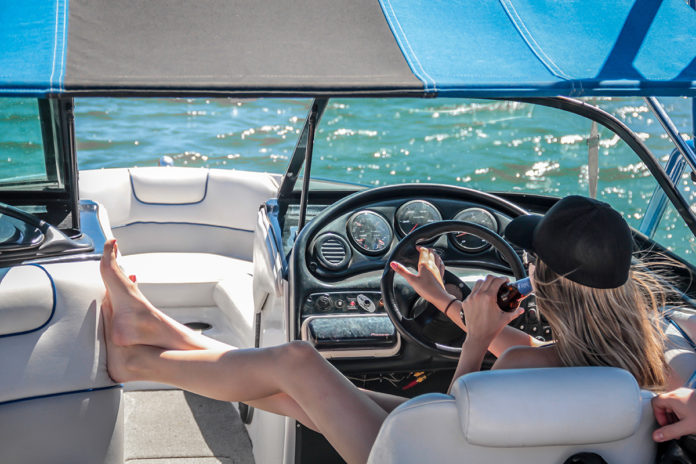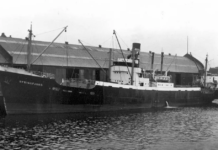“Hey, we’re taking the boat out tomorrow. Wanna come?”
It’s the always-enticing and eagerly accepted “boat day invite,” coveted by residents of the Florida Keys, where everyone understands the difference between having a boat and having friends with boats.
Owning a boat means storing a boat. If you can’t afford a boat, you certainly can’t afford a canal-front home, which is the most convenient place to keep a vessel, and marina space these days is nearly as precious and pricey as housing.
Sure, you can keep a boat on a trailer, but where do you store that? Not parked on a public street. No, sir. Code enforcement won’t allow it. And once you do find a place to park the trailer/boat combo, a day on the water involves the whole boat ramp extravaganza that often includes a good deal of yelling and an occasional half-submerged pickup truck.
Remember, we haven’t even loaded any gear, much less left the dock.
And you can’t go anywhere without fuel. Ouch. It’s the new, four-letter F word, which, given its current price, is nearly as offensive as the original queen-mother of all four-letter words.
When you take everything into account, it’s easy to see how Keys locals appreciate these efforts and expenses — when they’re handled by someone else.
For non-boat owners, the goal is simply to be the best guests possible, lest we not get invited back. No one wants to run the risk that the Friday evening invite for a sunny Saturday on the water is offered to someone else, someone more willing to pitch in, heft gear, follow directions at the dock and fill coolers with food and booze.
So let’s review some basic boat-guest etiquette — and some pitfalls to avoid.
First, don’t offer to “pay for gas” unless you know what you’re talking about. And if you say “gas” instead of “fuel,” when talking about boats, you don’t know. If you think prices at the pump are crippling for your SUV, wait ‘til you get to the fuel dock.
Now, most experienced boat owners will chuckle good-naturedly at your naive offer and let you off the hook without expecting $900 for a fuel bill. But that just makes your role and behavior as a guest even more crucial.
Everyone loves the middle part of the boat day, the part when everyone and everything is on board and you’re underway with the wind in your hand, a drink in your hand and the occasional spray in your face. The time spent at your destination is ideal as well, whether you’ve reached your fishing grounds, dive or snorkel site or chosen offshore sandbar or island.
But your behavior before and after the best parts will determine subsequent invitations.
Help load the boat, always. Not just with your own stuff, but with everything being piled up on the dock: dive tanks, fins, masks, snorkels, towels, fishing rods, tackle, ice, beer, hard seltzers, kids’ life jackets, water, more ice, Yeti cups, dry bags, sunscreen and snacks — a few buckets of Dion’s fried chicken are always a hit, or deli subs cut into three or four, manageable sections.
Follow directions as best you can if asked to help with lines. If you’ve never done it before, make that clear to your host ahead of time. “Hey, man, I’m happy to help, but I don’t know what I’m doing, so explain it to me like I’m 8, and we may be OK.”
And then there’s the end of the boat day, the worst part. Everyone’s tired, sunburned, salt-crisped and slightly buzzed. All you want is to grab your stuff and get in a shower.
No way, not so fast, jerkface. There’s work to be done. Tying up the boat, unloading the boat, reloading the cars, and then yes, washing the boat. Each captain and boat owner has their own method, but at the very least it involves a freshwater rinse with a dockside hose. Offer to do that. Ask if you need to clean out the coolers. Can you clean fish while someone else cleans the boat? Can you disassemble regulators from tanks?
Whatever it is, do something. No one likes a runaway boat guest. And no one invites them back.




















